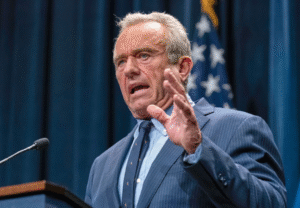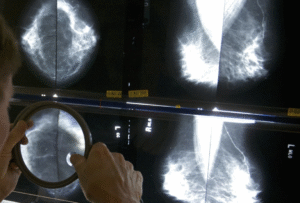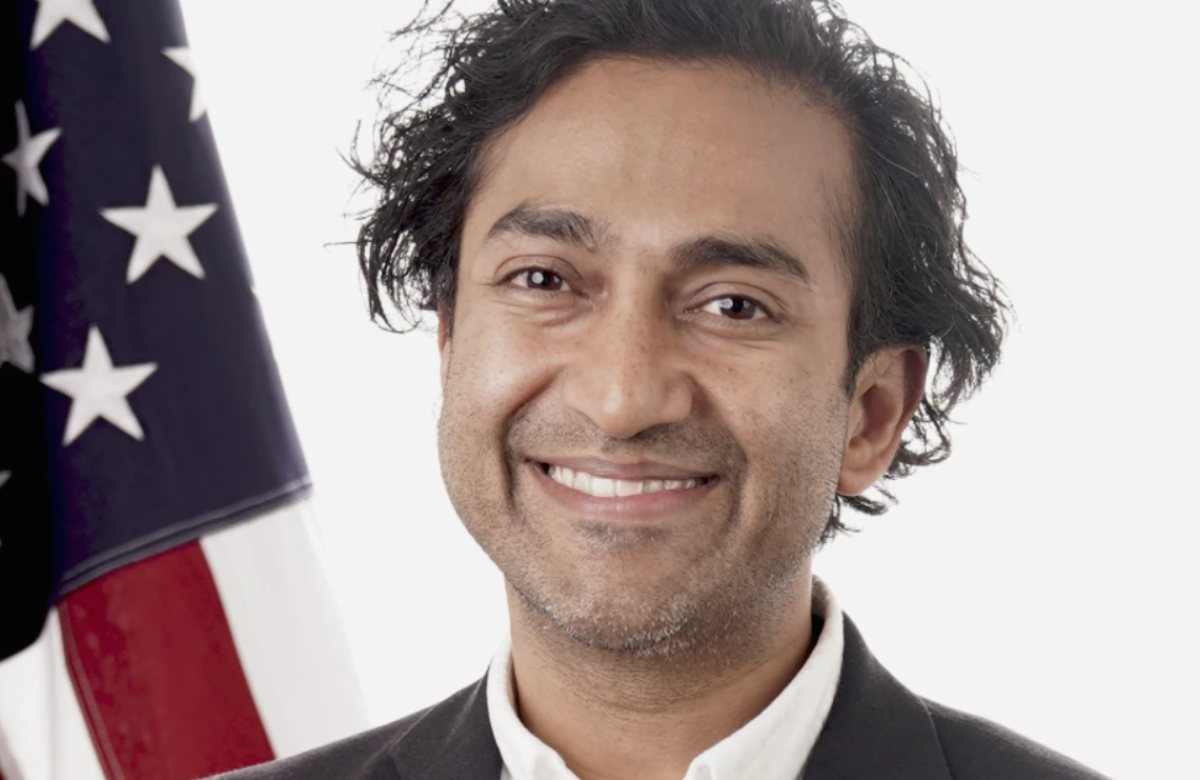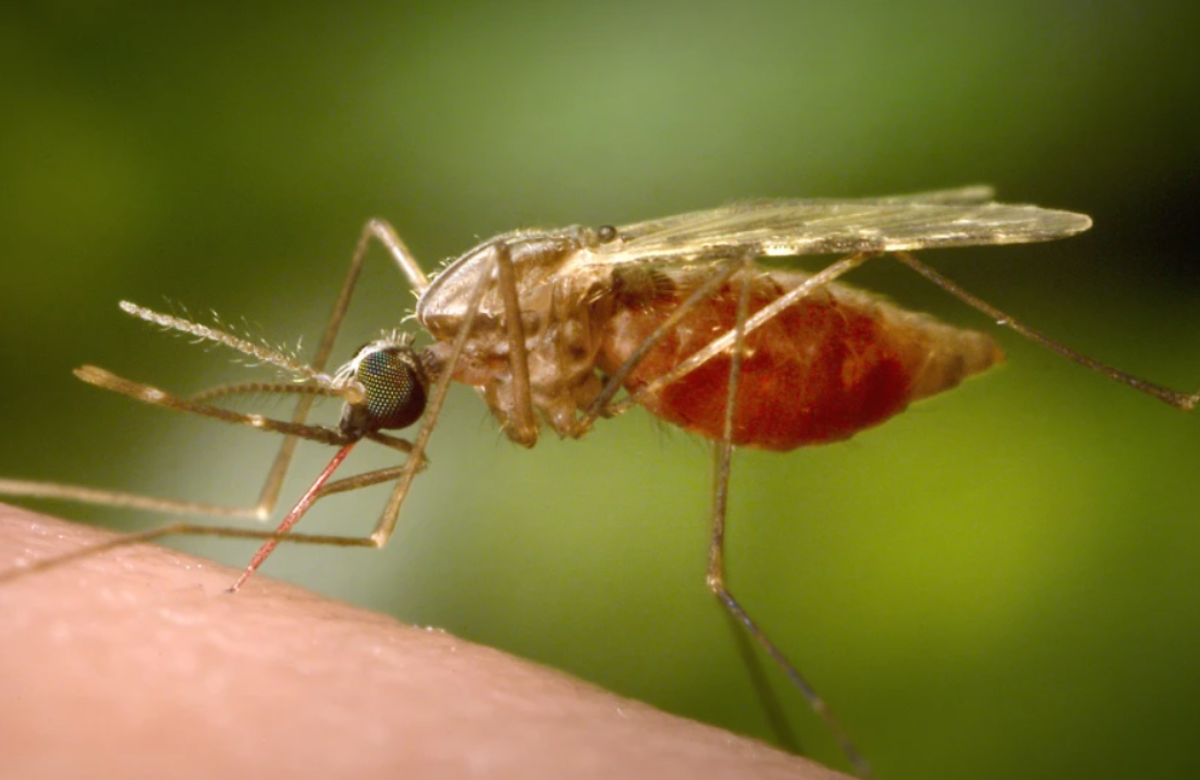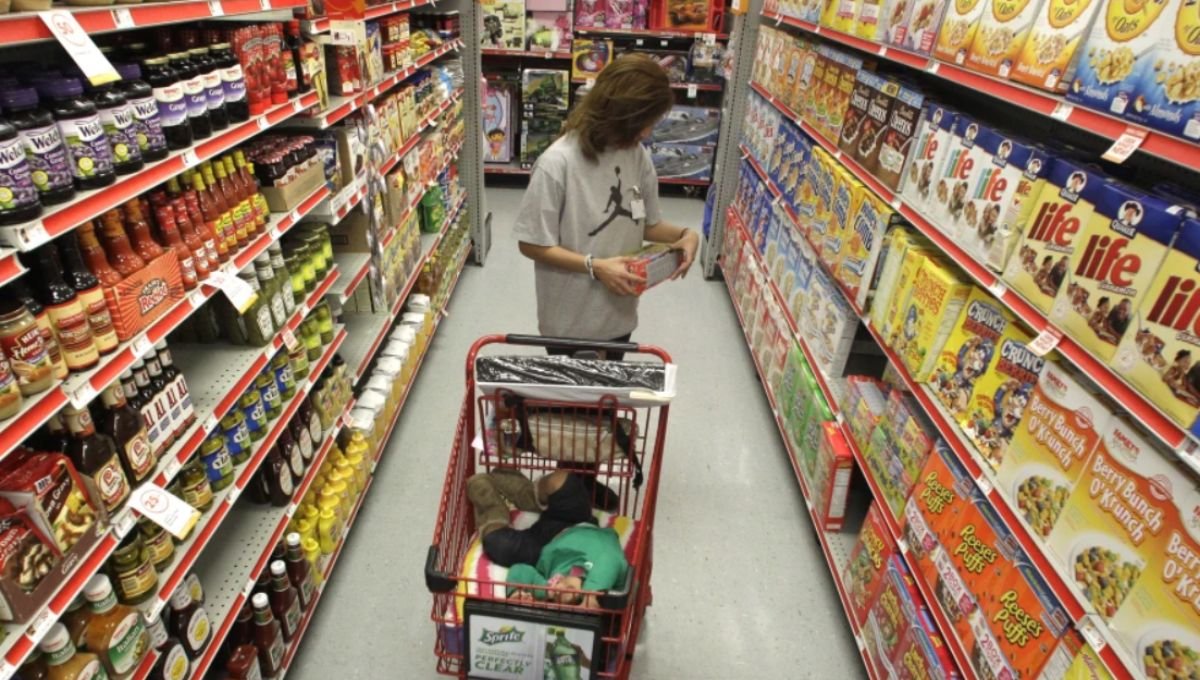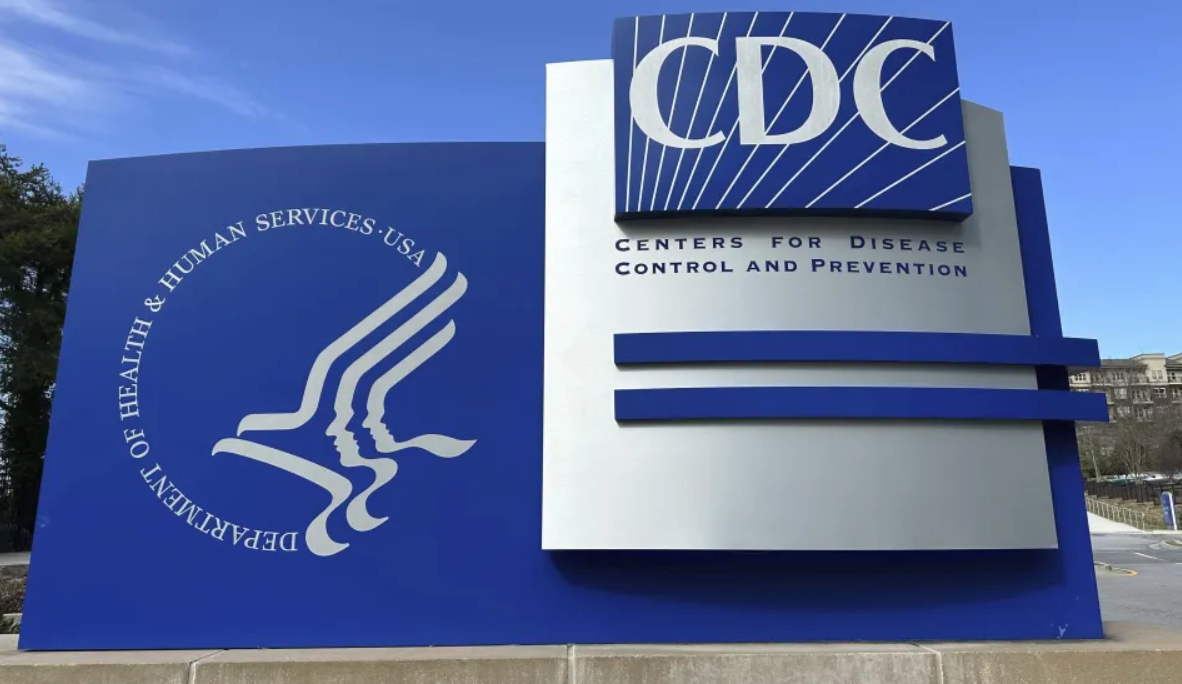U.S. Health and Human Services Secretary Robert F. Kennedy Jr. encouraged people to get vaccinated against measles during an interview on Tuesday. He emphasized that while the federal government and he personally recommend getting the measles vaccine, it should not be mandatory. Kennedy reiterated his stance that while people should have access to vaccines, the choice to vaccinate should remain personal, with good science supporting informed decisions.
A measles outbreak affecting multiple states has grown to nearly 600 cases, and experts warn that the situation could worsen. Texas has reported the majority of cases, with 505, while New Mexico and Oklahoma have 56 and 10 cases, respectively. There has also been concern about the spread of the virus into other states, including Kansas, where the state health department suspects the outbreak may be linked.
The outbreak began in rural Gaines County, Texas, but has now spread into 21 counties across the state. Local officials are worried that urban areas and vulnerable populations may face greater risk of exposure due to higher population density. Katherine Wells, director of Lubbock Public Health, expressed concerns about the virus spreading in public places like grocery stores and malls.
In Lubbock, a daycare center was exposed to measles, and seven children under five years old have been infected. Many of these children were too young to have received the second dose of the measles, mumps, rubella (MMR) vaccine, which is typically given between 4 and 6 years of age. Health departments are recommending additional vaccinations for children in the affected daycare center and surrounding areas. Infants between 6 to 11 months old in the outbreak region are advised to receive an early dose of the MMR vaccine.
Given the contagious nature of measles and pockets of low vaccination rates, experts expect the outbreak to continue for at least a year. Prolonged outbreaks could jeopardize the U.S.’s measles elimination status, which was achieved in 2000. Dr. Amesh Adalja of Johns Hopkins Center for Health Security suggested that the true scope of the outbreak may be larger than reported, particularly within the Mennonite communities, where vaccination rates are lower.
Three deaths have been attributed to the outbreak, including two children in Texas and an adult in New Mexico, all of whom were unvaccinated. The total number of measles cases this year has reached at least 659, with a typical death rate of 1 to 2 deaths per 1,000 cases.
While Kennedy praised the U.S. response to the outbreak, calling it a “model for the rest of the world,” experts have expressed skepticism. Dr. Adalja warned that it’s too early to declare the situation under control without a full understanding of the extent of the cases, as many may still be underreported.
Dr. Christina Johns, a pediatric emergency physician, criticized the declining vaccination rates in the U.S., attributing it to an anti-science trend that has contributed to the resurgence of vaccine-preventable diseases like measles. The Centers for Disease Control and Prevention updated its measles guidance, urging healthcare providers to stay vigilant and noting that vaccination is the best defense against the disease.

